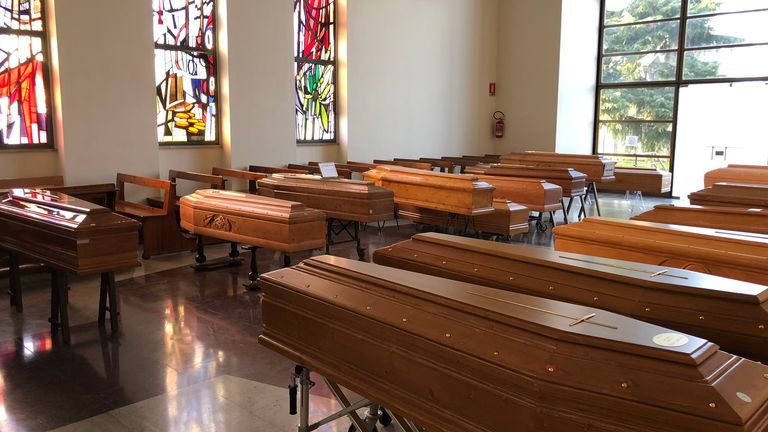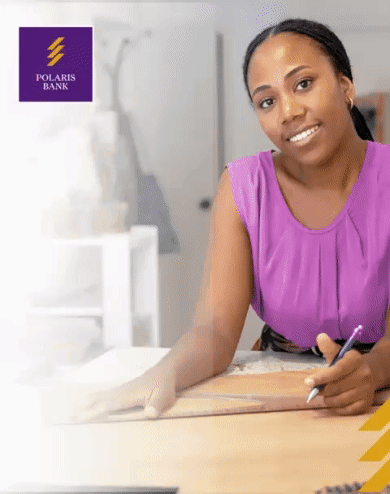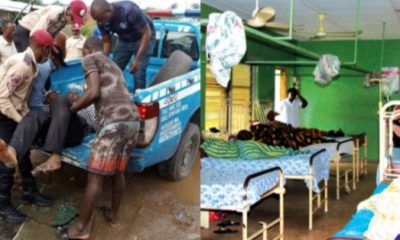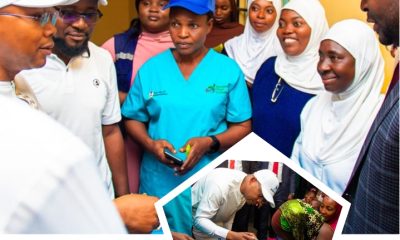By Ezurike Ugochukwu
The cities of Italy will continue to experience restriction of movement of people and economic activities despite the initial announcement of lifting the ban on the restriction this week.
According to the recent release from the health minister, the country that was closed down on March 9th, 2020 in response to the growing COVID-19 pandemic will remain lockdown.
The country under the Prime Minister Giuseppe Contre has announced that curb of movement and business activities introduced last March
would continue to be in place until after Easter holidays in mid April.
Though politicians in the country see the restriction as telling on the masses so far, most of them think the people have been stretched .
But Guido Marinoni, head of Doctors’ Association in Bargamo the centre of the epidemic in Italy said, ” Today, official sources are suggesting that perhaps we can lift restriction after Easter, it seems to me highly unrealistic to think this nightmare will end by then.
“If we let work resume too soon, it will reignite the outbreak and the fire will return, this will cause devastating damage not only for people, but for the whole economy,” he said.
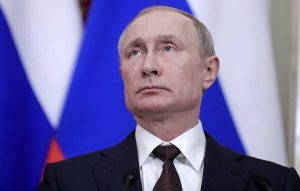
President Putin
As pervasive as the pandemic has become, the Russian President, Vladimir Putin performs his duties in isolation as he has contacted the dreaded coronavirus.
In South Africa, with over 1300 confirmed cases and 3 deaths record, and 31 recovered cases, the south African authorities now take testing to the rural areas as part of measures to tame the disease.
while updating the nation on coronavirus outbreak and subsequent 21-day lockdown, President Cyril Ramaphosa announced a nationwide medical project aimed at early detection and swift isolation concerning citizens infected, or at least showing symptoms of, the deadly coronavirus.
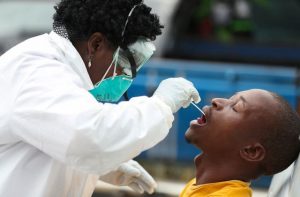
Takng the test for COVID19 to the South African communities
He said that mobile technology has been an ‘ally’ in the fight, he elaborated on the testing and tracing programme’s, with heavy reliance on the technology and government support.
“People who are infected with coronavirus, but who have no or moderate symptoms will remain in isolation at home or at a facility provided by government and those with severe symptoms will be transferred to hospitals.
Using mobile technology, an extensive tracing system will be rapidly deployed to trace those who have been in contact with confirmed coronavirus cases and to monitor the geographical location of new cases in real time.
This drive is far-reaching, it is intensive and it is unprecedented in scale,” he stated.
The nationwide lockdown, in the country that restricts movement and social mingling through a number of measures, is expected to last until 16 April 2020.

 Business5 years ago
Business5 years ago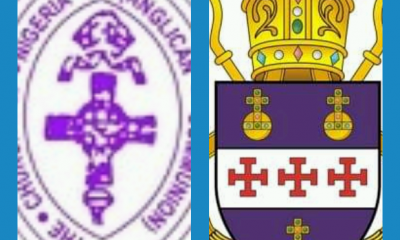
 News6 years ago
News6 years ago
 Crime2 years ago
Crime2 years ago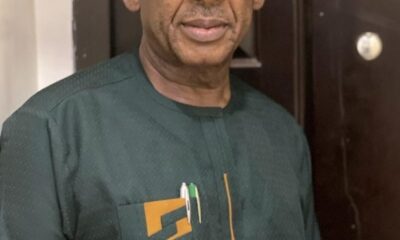
 News1 year ago
News1 year ago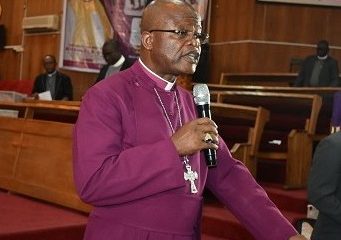
 News5 years ago
News5 years ago
 Football6 years ago
Football6 years ago
